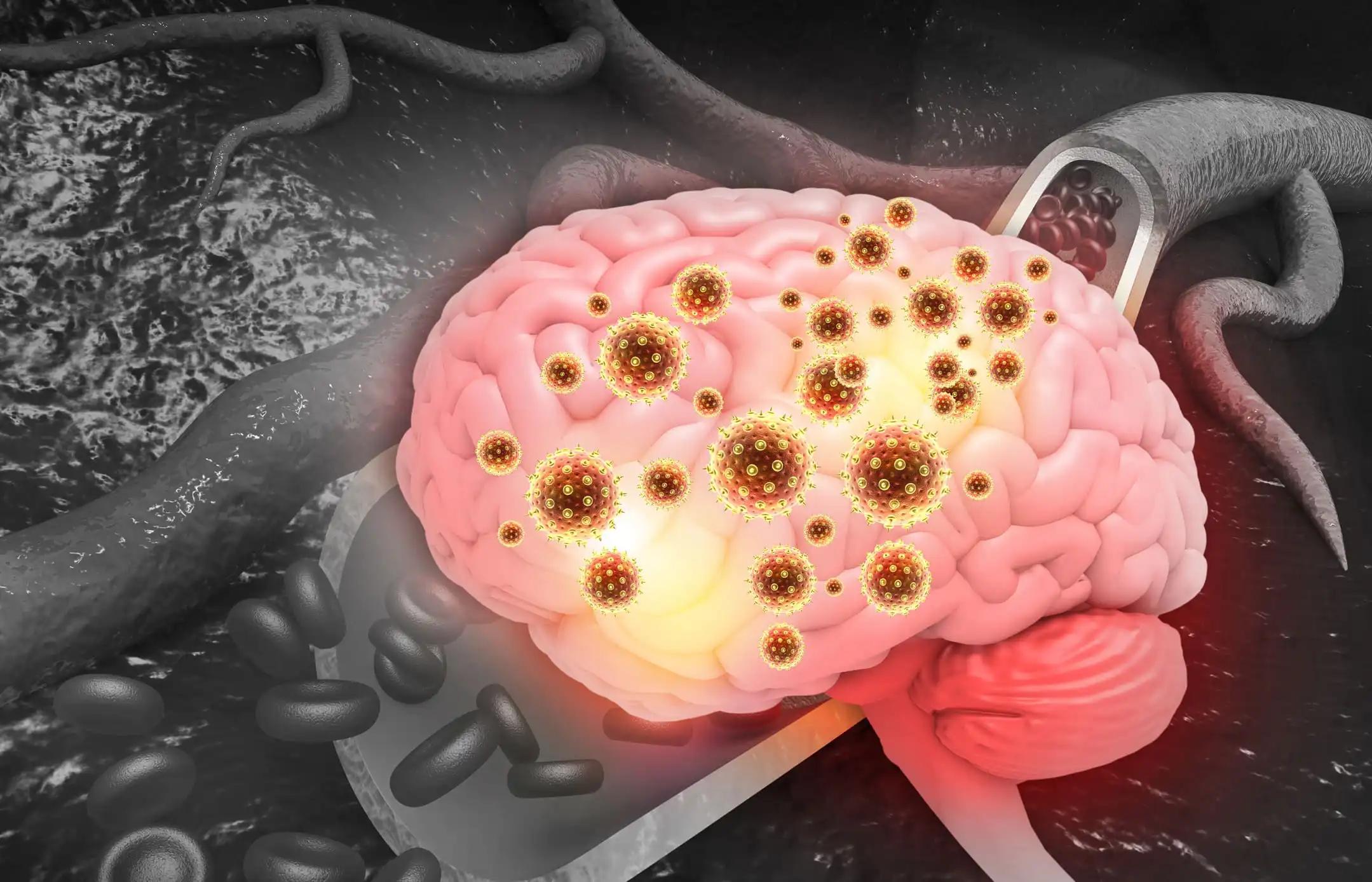KEY TAKEAWAYS
- The study aimed to explore tumor processes, elucidating sex-related disparities.
- Sex-based GBM stratification was linked to poor prognosis to myeloid cells, potentially altering prognosis and identifying BVZ treatment responders.
Brain cancer, particularly glioblastoma (GBM), exhibits a higher incidence in men, correlating with poorer survival rates. The underlying cause for this sex-specific aggressiveness remains elusive.
Sara Hiller-Vallina and the team spearheaded the study that aimed to explore tumor mechanisms underlying sex disparities in glioblastoma incidence and prognosis.
This retrospective study of GBM patients stratified by sex analyzed a cohort of 73 tumors using immunohistochemistry, RNA-seq, and RT-qPCR to assess vascular and immunological profiles. Transcriptomic profiling, GSEA, and pathway enrichment analysis identified predominant molecular pathways in each group. Additionally, the therapeutic effect of Bevacizumab (BVZ) (VEGFA blocking antibody) was investigated in a GBM cohort of 36 tumors, considering sex differences.
The study uncovered that in hypoxic tumor environments, two distinct tumor immuno-angiogenic ecosystems emerge, with sex disparities and ESR1 expression playing pivotal roles. Within these ecosystems, a subgroup was identified, comprising male patients exhibiting low ESR1 expression, characterized by vascular fragility leading to necrotic regions and heightened inflammation, termed necroinflamed tumors.
This tumor subtype unique to males exhibited pronounced inflammation linked to infiltration of myeloid-derived suppressor cells (MDSCs). By employing this stratification, they identified a potential cohort of patients likely to respond favorably to BVZ, unveiling a genetic signature with potential clinical utility as a predictor for those most likely to benefit from this treatment.
The investigation introduced the stratification approach rooted in gender disparities within GBM, linking poor prognosis to the existence of immunosuppressive myeloid cells within necrotic regions.
This novel stratification has the potential to redefine GBM prognostication and pinpoint individuals responsive to BVZ therapy. Funding was received by the Instituto de Salud Carlos III (ISCIII).
Hiller-Vallina S, Mondejar-Ruescas L, Caamaño-Moreno M, et al. (2024) ‘’Sexual-biased necroinflammation is revealed as a predictor of bevacizumab benefit in Glioblastoma, Neuro-Oncology, 2024; noae033, https://doi.org/10.1093/neuonc/noae033.



